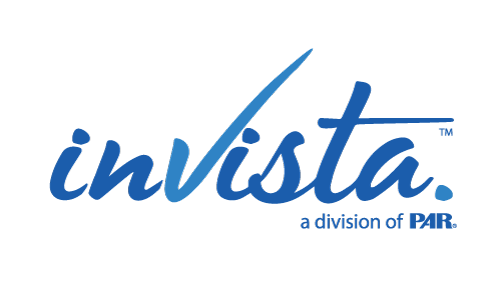When a resume crosses your desk, it’s fairly straightforward to determine if a candidate has the background, skills, and experience for a given position. However, it’s much harder to evaluate a candidate’s soft skills. Yet, soft skills can be just as important for success at your organization.
Soft skills can have an impact on how well a candidate performs once on the job as well as the level of employee retention throughout your organization. Because employers are dealing with an increase in competition for talent, it’s more important than ever for hiring managers to assess soft skills during the hiring process.
Here are a few tips on what soft skills are and how you can gauge them during an interview.
What are soft skills?
Soft skills, sometimes called “people skills,” were the focus of Monster’s Future of Work report, which revealed that the top four skills employers desire in new employees are, in fact, soft skills: dependability, teamwork/collaboration, flexibility, and problem-solving abilities.
Soft skills are personal attributes, traits, or habits that allow a person to be an effective communicator, a collaborative teammate, and an employee who can manage their emotions and behaviors. These are nontechnical skills that are not specific to a particular job or industry, yet they are necessary for success in just about any role. Some examples of people skills include communication, teamwork, problem-solving, adaptability, leadership, creativity, time management, conflict resolution, emotional intelligence, and interpersonal skills.
How can I be sure that someone I’m interviewing has the necessary soft skills for the job?
Assessing soft skills during an interview can be challenging, but there are several strategies you can use to get a better sense of a candidate’s abilities.
- Ask behavioral interview questions designed to elicit specific examples of how a candidate has demonstrated a particular attribute in the past.
- Use situational interview questions to find out how a person might respond to a hypothetical scenario that requires a specific personality trait.
- Conduct role-playing exercises to assess a candidate’s communication or problem-solving skills to see how they might react in a given scenario.
- Examine their resume and application materials for evidence of soft skills like teamwork or leadership abilities.
- Use prehire assessments to provide insight into a candidate’s traits.
Remember that no single strategy can provide a complete picture of a candidate’s soft skills. It’s important to use a combination of these methods and to evaluate each candidate in the context of the specific job requirements and company culture.
Need help finding the right fit to fill a role at your organization? Turn to InVista!


Recent Comments